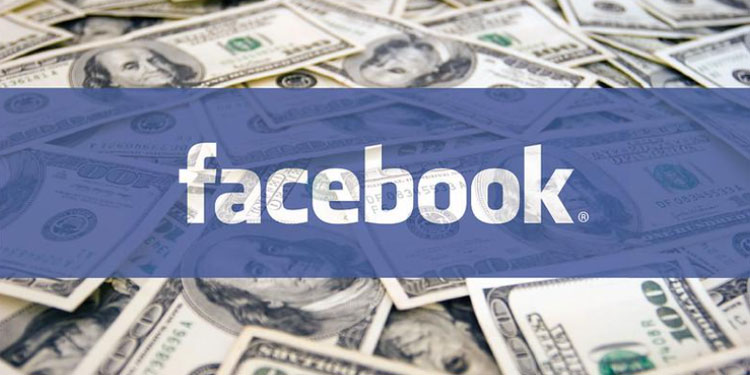Facebook has spent a lot of time in the news in December (and honestly, for the entirety of 2020). The news started with the social media giant announcing a rebranding of their planned cryptocurrency – from Libra to Diem – followed by a massive anti-trust lawsuit launched by the Federal Trade Commission and dozens of states, then another lawsuit against the new name.
The anti-trust lawsuits accuse Facebook of abusing its power in the digital marketplace and engaging in anti-competitive behaviour. The lawsuit focuses on Facebook’s monopolistic actions and the control it has over social media after its purchase of Instagram and Whatsapp. This lawsuit is not the first of its kind against Facebook, as the European Union has previously challenged its dominance in the field and its anti-competitive behaviour.
Before moving forward, it is interesting to contrast Facebook’s dominance of this digital medium to other digital ones that have emerged and reached huge popularity. One industry to contrast it with is online sports betting. The competition in online sports betting is fierce. New entrants join every year and vie for customers by offering better options, generous incentives, lower requirements on rollover betting, and a more extensive selection of markets.
Of course, this is the type of lawsuit that could take years to resolve, and Facebook does have a few arguments to make for itself. The FTC did approve Facebook purchasing Instagram and Whatsapp – which opens a slippery slope on whether, once finalized, the FTC can change its mind.
Large businesses will follow this part of the lawsuit with much interest. The chance that a court rules in favour of the FTC – meaning no sale is ever final – could have other businesses and industries throwing their support behind Facebook.
The other issue is whether the courts can deem Facebook’s actions as a true monopoly. Unlike many businesses that are either considered essential or if a purchase drives out all competition and creates only one option for buyers, people choose to use Facebook. Facebook is also countering the lawsuit, stating it welcomes regulations but believes too heavy of a hand will give competitive advantages to China.

Now, it leads into our original question of whether these lawsuits will have an effect on the launch of Facebook’s cryptocurrency Diem – which could release as soon as January 2021.
For starters, Facebook is already in a lawsuit over the new name of the project. The name is already taken by London fintech for their finance app DIEM.
Another rebranding (or renaming) is sure to delay the project even more – although Facebook is still waiting on approval from the Swiss markets watchdog.
The anti-trust lawsuits against Facebook are not likely to have much influence or effect on Facebook’s plans to launch a digital coin. The type of lawsuit against Facebook could take years to come to any conclusion. Microsoft faced a lawsuit of a similar nature in the late 1990s, but the results were just increased regulations and restrictions – leaving Microsoft intact.
Of course, Facebook’s plan and what the rest of the world thinks are two different things. A company under multiple lawsuits from some of the most powerful economies in the world may have a hard time convincing governing bodies to approve anything – even if their control of Instagram and Whatsapp does not have much to do with their plans to launch Diem.
The best thing to do is follow the lawsuits and regulations and see if 2021 is finally the year Facebook launches its digital coin (whatever they end up calling it).


















